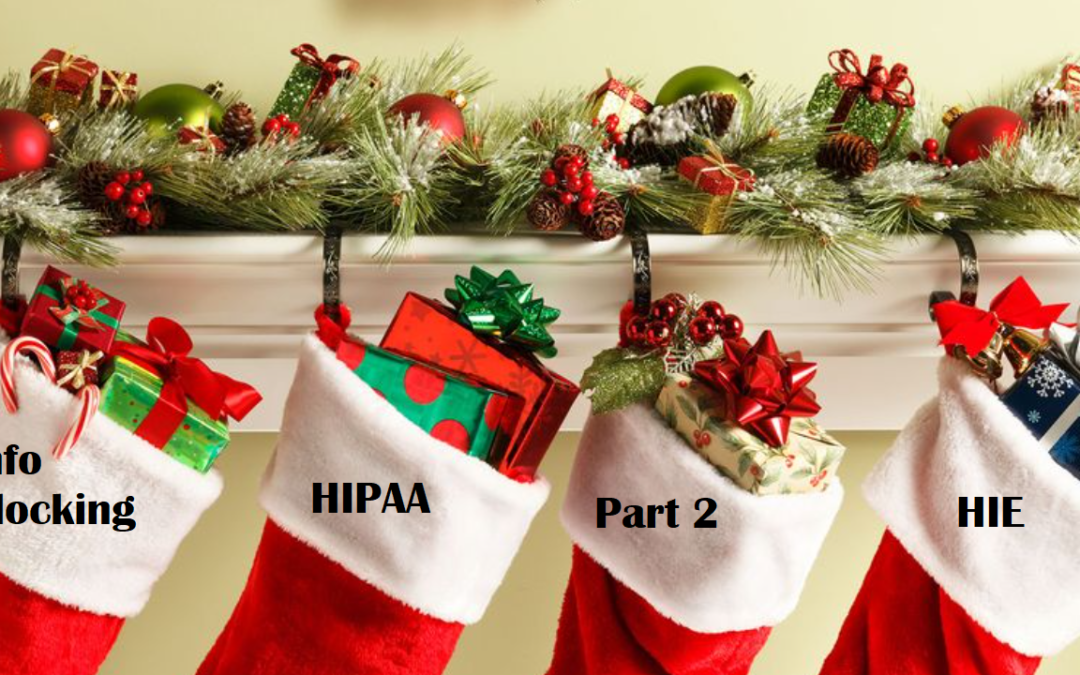Last week, I attended HIMSS 2025 in Las Vegas and came away with four big themes that stood out for me: the industry’s growing focus on Individual Access Services (IAS) and rock-solid identity verification, the push to expand non-treatment use cases for interoperability (like payment and healthcare operations), the urgent need for modernized consent management, and the overarching importance of trust to tie it all together. Yet of all these, for me, IAS is the real showstopper: if we don’t get identity and access right, the rest of our digital transformations—from AI-driven insights to cross-network data sharing—could quickly unravel. In today’s post, I want to zero in on IAS—where it fits into HIPAA’s right of access, where personal representatives enter the picture, and why it risks becoming a Trojan Horse for unauthorized data if we don’t take the proper safeguards.














